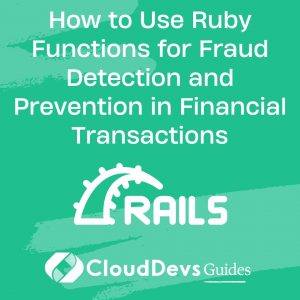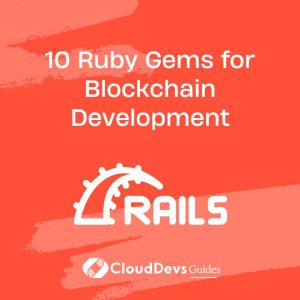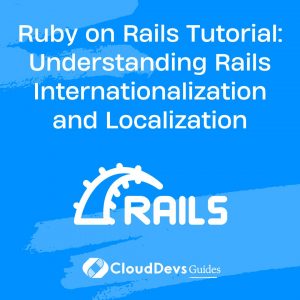Ruby on Rails Q & A
How to rollback a migration in Rails?
In Rails, database migrations are a convenient way to alter the database schema over time. However, there might be situations where you’ve applied a migration and need to revert or “rollback” those changes. Thankfully, Rails provides built-in mechanisms to handle this.
- Rolling Back the Last Migration: The simplest way to rollback the last applied migration is to use the `rails db:rollback` command. When executed, this command will undo the changes made by the very last migration.
- Rolling Back Specific Steps: If you wish to rollback multiple migrations, you can specify the `STEP` option. For instance, `rails db:rollback STEP=3` would rollback the last three migrations.
- Rolling Back to a Specific Version: Every migration has a unique timestamp-based version identifier. To rollback all migrations up to a specific version, you can use the `rails db:migrate` command with the `VERSION` option. For instance, if you have a migration version `20230101010101`, executing `rails db:migrate VERSION=20230101010101` will rollback all migrations applied after this version, leaving the specified version applied.
- Redoing Migrations: If you want to rollback and then re-migrate the last migration, Rails provides a `rails db:migrate:redo` command. This is particularly useful during development when you’re making minor adjustments to a migration. Similar to the rollback command, you can specify steps with `STEP` or target a specific version with `VERSION`.
- Caution: While rolling back migrations is straightforward in a development environment, it can be risky in a production setting. Rolling back might result in data loss, especially if you’re dropping columns or tables. Always backup your production database before making schema changes, and test rollbacks in a staging environment first.
Rails offers a flexible system for managing database changes and provides commands for reversing those changes when necessary. However, it’s essential to exercise caution and ensure that you’re rolling back migrations in a controlled and informed manner, especially in production environments.

Previously at


Brazil

GMT-3
Senior Software Engineer with a focus on remote work. Proficient in Ruby on Rails. Expertise spans y6ears in Ruby on Rails development, contributing to B2C financial solutions and data engineering.



